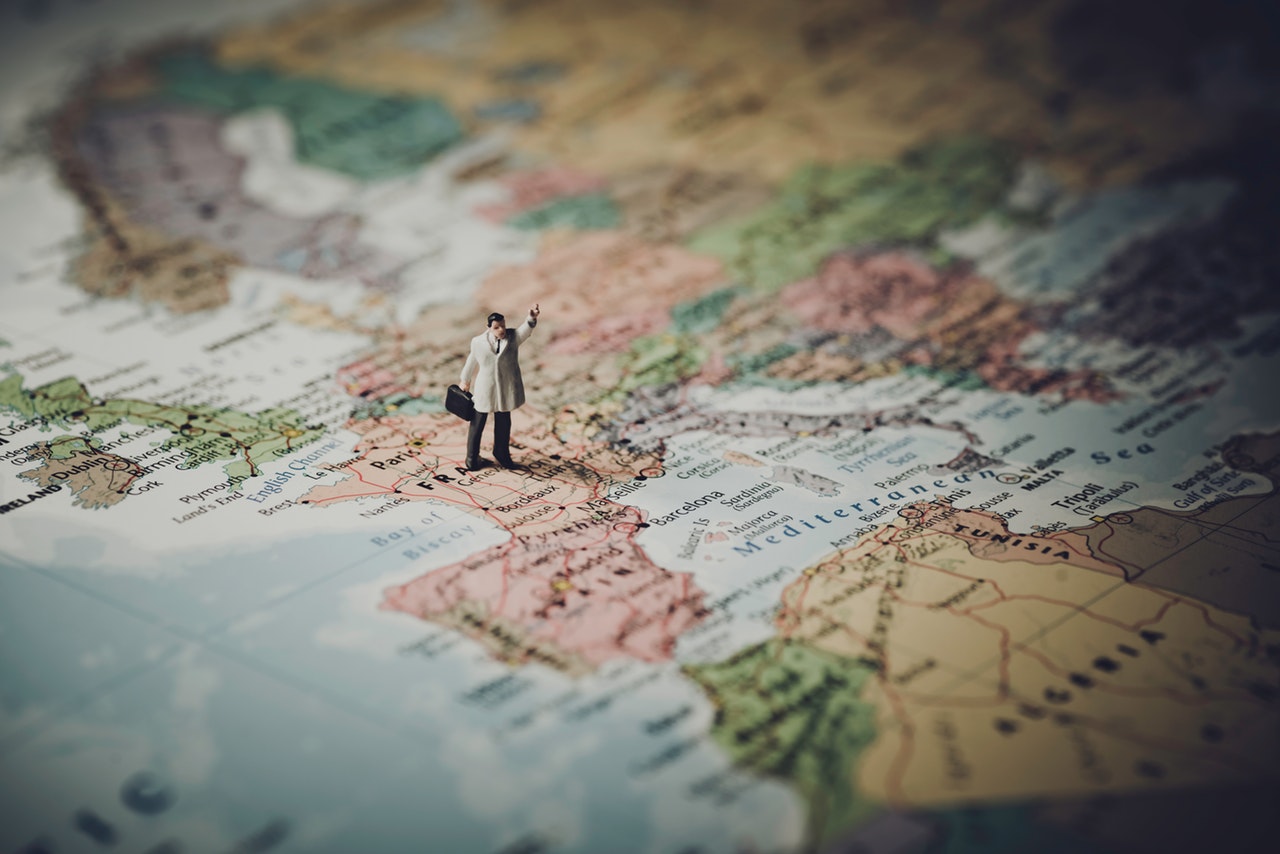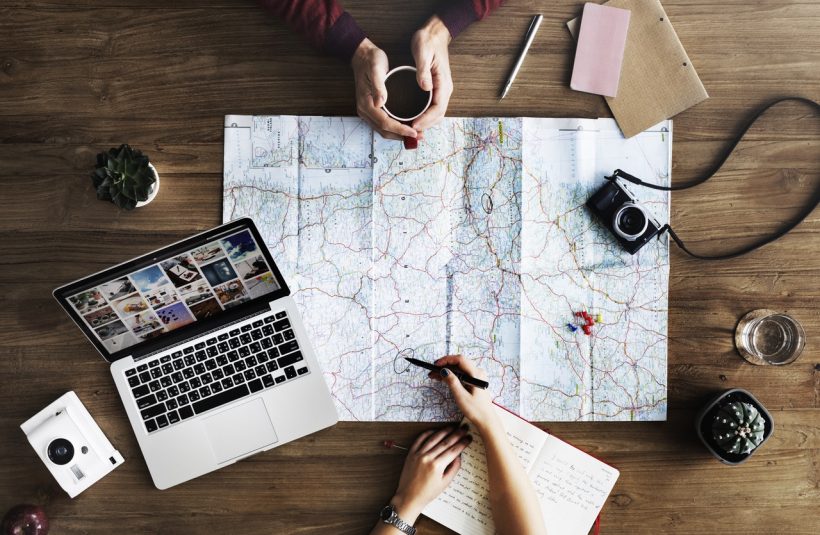This is a contributor’s blogpost …
Travelling as much as you’re able is useful for many different reasons. Not only does it reward you with a sense of perspective and help develop your personality, but it will also help you become more attractive to potential employers. Purposeful and rewarding travel can even serve as a promising alternative to a gap in working history. There are many reasons as to why this can be good for your career, and not all of them are as obvious as you might think.
If you need a simple push to help motivate you to book those tickets or to experience your travel plans with heart this summer, consider the following:
Language, Culture, Familiarity
Visiting abroad will have you immersed in a new culture, more so if you extend your stay. This will not only help you begin to understand the flow of life in a certain location but can help spark a deep interest to learn more. There is only so much that a book or documentary can show you. Living with the people involved can help inspire your progress.
But in what directions might you be inspired? Well, you may decide to learn the language, practicing accents, becoming exposed to idioms, and being able to converse with the authentic populace that use it on a daily basis. This can help accelerate your knowledge of the language, not only through classes you take but through repeated exposure to the new people around you. This will also help you absorb culture and the flow of life while there. This can be invaluable when needing to provide your experience to a new employer. Experience like this can help you offer your familiarity with a language or its peoples, and potentially help spearhead the move into international markets.
It might be you are more easily able to identify what a certain people want, how to market there effectively, or to bring up habits that are essential to avoid while in the new space. If working abroad, you might even bring a list of contacts with you to a new firm on home soil, helping you open your employer or new business to potential new avenues abroad that were previously unheard of. All of these can be worthwhile, as familiarity with any nation aside from your own can be a stunning resource of best practice to follow.

Photo courtesy of Slon_dot_Pics via Pexels
Novelty & Struggle
The practical realities of moving abroad can also lend you a certain set of skills. It might be that the first few weeks, months or years can be filled with a sense of alienation, and it takes effort to speed up the familiarizing process. To set up in a new country you are unfamiliar with, perhaps purchasing a comfortable property from a website such as Rumah https://www.rumah.com/rumah-dijual/di-area-malang-idji16/dibawah-200juta-rupiah is an exciting step, but only the first.
From there you learn the value of currency, how to move international funding, how to make friends in a new territory, how to discipline yourself to adhere to the new format, how to understand the cultural tides, how to educate and entertain yourself with the resources around you, and how to adapt your diet.
Put simply, moving to another country is similar to learning how to be another person. You will need to adapt to the environment around you if you hope to enjoy a long and successful period of living in this location. Not only does that show you possess the tenacity and wisdom to make a go of things no matter where you are, but that you’re comfortable in the uncomfortable, and those skills can translate as a foundation to many other things you learn. It might influence an employer to consider you for specialist training. It might make them consider promoting you to a field you weren’t originally working in, or opening your responsibilities to this – such as HR or PR, or even placing you in research positions. Life experience always translates in some way to working ability, and so listing all of the skills learned from this period on your resume is sure to help you.
Organization
Moving abroad requires real organization, as does travel. From day to day your schedule will change, and you will need to remain prepared if you hope to have any chance of keeping up with your plan. To have a plan in the first place is important, as is a backup plan if that doesn’t work. Travel can help someone relatively bad at organization become the planner of the century, because each day’s success and enjoyment will rest on it.
When you have personal funding, time and interest tied in being organized, you can be sure that those skills will naturally soak into you more than they might have done at previous office jobs. You will learn the benefit of taking initiative, timekeeping flawlessly, staying aware of times to complete certain tasks or to travel, and how to separate these administrative tasks with enjoying the process and engaging with it.

Photo courtesy of Snapwire via Pexels
Self-Confidence
All of these skills you will learn are often going to be quite unimportant unless you have the confidence to express them competently and creatively. To think otherwise can prevent you from making the right decisions when crunch time occurs. Thankfully, it is more than achievable to focus on this and to do so well. If you take the time to reflect on your achievements alongside what you have learned, as well as have the nerve to practice them in the professional environment, you can often find yourself working well towards your goals and understanding why they either work or fail.
Self-confidence gives you the backbone to communicate clearly, to use your timekeeping skills in the effort of disciplining yourself, as well as using your understanding of uncomfortable situations to put yourself out there and operate less out of fear.
With this new understanding, you are sure to experience nothing but a wide range of benefits when traveling abroad.

